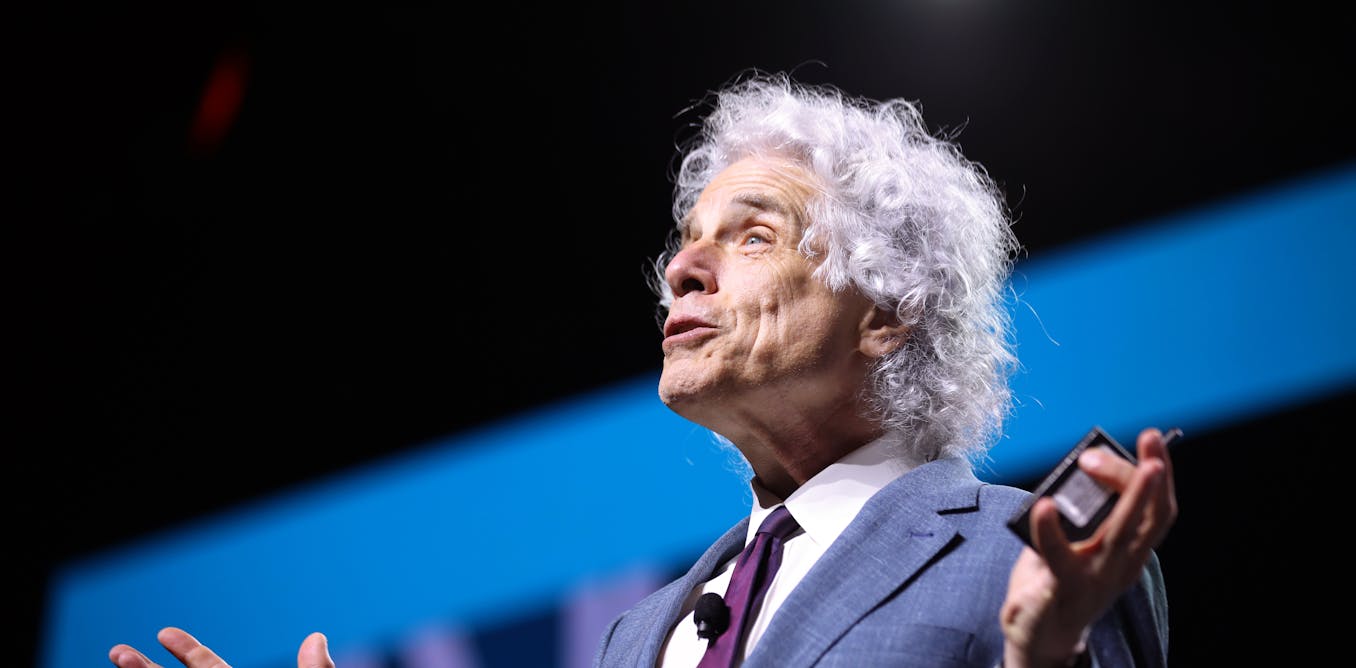
"Obviously, through a brief personal reflection, I tried to give you a general sense of what much of Steven Pinker's book When Everyone Knows That Everyone Knows is about: namely, that we often perform perplexing rituals for the sake of harmony, and if we draw attention to the quizzical aspects of those rituals - if we make these aspects common knowledge - we can get into trouble."
"The thing is, I do believe that many people are bemused by the rituals we perform and the silences we must keep. But I wouldn't say that this phenomenon is itself common knowledge. More accurately, I wouldn't say that I know that you know that this is common knowledge. And I also wouldn't say that I know that you know that I know that this is common knowledge."
Common knowledge, defined as what everyone knows that everyone knows, governs many everyday rituals and enforced silences. Implicit expectations produce social harmony by preventing conflict, even when rituals appear hypocritical or illogical. Making implicit conventions explicit can erode the social fabric by transforming private perplexities into shared, actionable information, which may provoke trouble or outrage. Reflexivity—the layered awareness of who knows what—creates complex dynamics in interpersonal behavior and collective norms. Observing these layers reveals how signaling, mutual expectations, and the desire to avoid discord maintain social rituals despite widespread bemusement.
Read at The Conversation
Unable to calculate read time
Collection
[
|
...
]